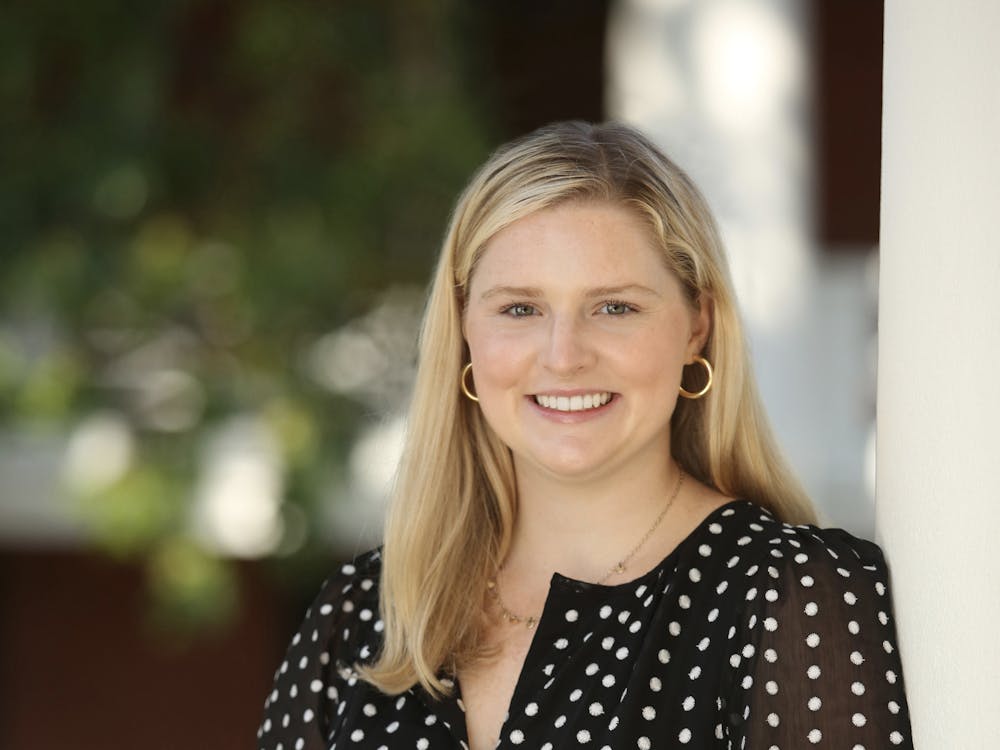Dear Incoming First-Years,
You’ve probably heard a mind-numbing number of maxims and a desensitizing amount of advice about your first year of college. I apologize, but here’s one more: learn how, when and to whom to say, “I am not well.”
One of the great things about college is its collaborative, even while — and also because — you experience unprecedented independence, decision-making power and agency. There are many resources you can use if you allow yourself to do so. The hard part is finding those resources and convincing yourself to use them early on.
Sometimes the most difficult lesson learned in college is how to ask for help, how to surmount and subdue your pride and to admit that no, things are not okay and yes, you could use some assistance. Avoidance, procrastination and denial are debilitating but, unfortunately, instinctual responses to your tiredness, your embarrassment, your perception that everyone else is thriving and the mean things you tell yourself about failure and self-worth.
Colleges’ and universities’ many resources exist for a reason. That reason is college is hard — academically, socially, physically and emotionally. It is great fun, but it is hard. Deans and professors know this and are in place to help you through the times when schoolwork and even walking to class seem unmanageable.
I wish professors would include a note in their syllabi or, at the least, a quick mention on the first day about students being welcome to communicate and ask for the occasional extension or exception. Most professors, I’ve found, are very compassionate and eager to help, as long as you let them know you’re having trouble early on. Some professors have struggled with chronic mental or physical illness or extreme low points in their lives, some have college-aged children and are horrified and moved by the thought of their kids appearing so despondent and some are just good people.
But compassion wanes as frustration with students who are constantly missing class and failing to turn in assignments increases. Agony can be mistaken for apathy. Agony is understandable; apathy is irritating and even quite rude. Let your professors know the difference by sending them an email or scheduling a meeting after class. If they don’t have compassion, turn to your dean instead.
Reaching out and finding words for your stress, low energy, sickness and self-doubt can seem impossible, but it is much easier early on in the semester. Find the words and phrases that work for you, that disclose only as much as you wish to disclose, and share them with a select few whom you trust to support you as you turn things around. Keep your expectations for others’ compassion and empathy within reason, but know there are plenty of people who know how you’re feeling and want to help.
I hope that even in your low points — of which I pray there are few — you will remember that you are not alone, that you are resilient and that things will soon be wonderful.
Susannah Scott graduated from the University in May 2015.





